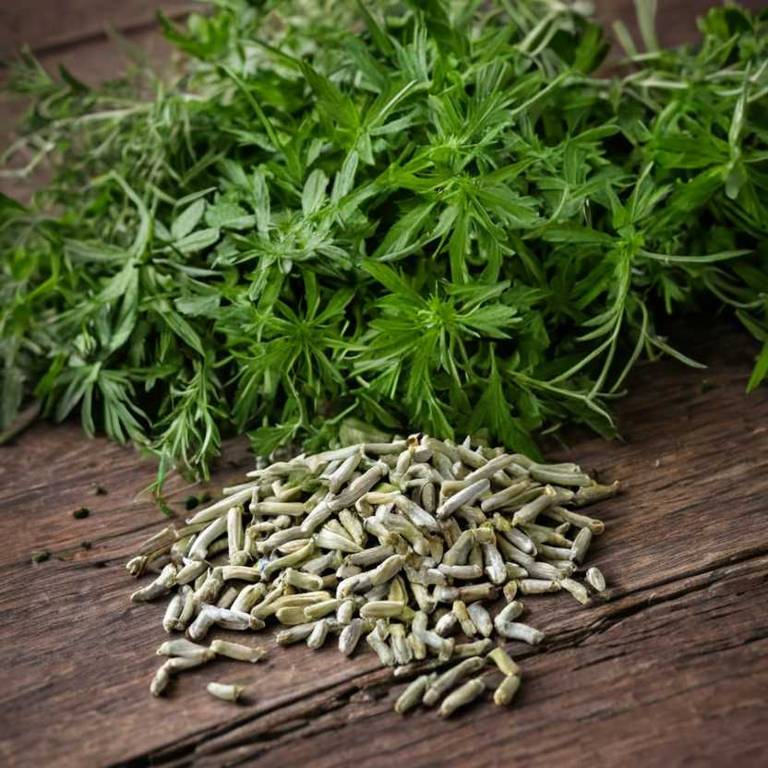Chamomile (Chamaemelum nobile)
Chamomile (Chamaemelum nobile) is a member of the Compositae family, native to Europe, Western Asia, and North Africa. Traditionally, its flowers, leaves, and resin have been used for infusions, decoctions, and oil infusions.
This herb is particularly valued for its anti-inflammatory, carminative, and tonic actions, and has a long history of use in european herbal medicine, mediterranean herbal traditions, and japanese kampo medicine.

Quick Facts / Key Information
| Common Name | Chamomile |
|---|---|
| Scientific Name | Chamaemelum nobile |
| Plant Family | Compositae |
| Genus | Chamaemelum |
| Species | nobile |
| Native Range | Europe, Western Asia, North Africa |
| Plant Parts Used | Flowers, Leaves, Resin |
| Primary Medicinal Actions | Anti-Inflammatory, Carminative, Tonic |
| Primary Traditional Systems | European Herbal Medicine, Mediterranean Herbal Traditions, Japanese Kampo Medicine |
| Historical Preparation Methods | Infusion, Decoction, Oil Infusion |
Botanical Identity
- Scientific Name
- Chamaemelum nobile
- Common Name
- Chamomile
- Synonyms / Alternative Names
- German Chamomile, Noble Chamomile, Noble Chamomile
- Plant Family
- Compositae
- Genus
- Chamaemelum
Botanical Description
- Growth Habit
- Perennial herbaceous plant.
- Height
- It typically grows to a height of 30 to 60 centimeters.
- Leaves
- Broad leaves with upper surface light green and lower surface gray-green, featuring prominent stomatal bands along the midrib.
- Flowers
- Small, white flowers with yellow central disk, arranged in solitary or clustered inflorescences, actinomorphic, having 4 to 5 narrow, elongate petals with distinct yellow markings at the base.
- Stems
- Climbing, opposite branching, hairy surface, presence of pith.
Traditional Uses / Historical Use
Traditional Systems
- European Herbal Medicine
- Mediterranean Herbal Traditions
- Japanese Kampo Medicine
Historical Preparation Methods
- Infusion
- Decoction
- Oil Infusion
- Tincture
Medicinal Actions
- Anti-inflammatory
- In herbal texts, considered a cooling anti-inflammatory, for general calming applications.
- Carminative
- Historically regarded as a mild carminative, in relation to gastrointestinal comfort.
- Tonic
- Commonly referenced as a warming tonic, for long-term use contexts.
- Bitter
- Traditionally described as a gentle bitter, for flavor-based applications.
Active Compounds
- Essential Oil
- Naturally occurring plant oils composed primarily of volatile constituents.
- Flavonoid
- Plant-based polyphenolic compounds frequently distributed throughout aerial plant parts.
- Coumarin
- A group of secondary metabolites present in seeds, roots, and leaves.
- Phenolic Acid
- A class of aromatic plant compounds commonly found in leaves, seeds, and stems.
Modern Research Overview
Modern scientific investigation of this plant has focused on identifying its chemical constituents and examining their properties in controlled research settings. Comprehensive study summaries will be incorporated into this section as additional sources are reviewed.
Safety & Contraindications
- General Precautions
- General precautions have been noted regarding the use of this herb.
- Contraindications
- Contraindications related to this herb have been noted in traditional use and available sources.
- Allergies
- Allergic reactions associated with this herb have not been well documented.
- Drug Interactions
- Interactions between this herb and prescription medications are not clearly established.
- Toxicity
- The toxicity profile of this herb has not been clearly established.
- Pregnancy & Breastfeeding
- Information addressing pregnancy and breastfeeding-related safety for this herb is limited.
Preparation & Usage Methods
- Infusion
- A preparation method involving steeping plant material in heated water for a short period.
- Decoction
- Decoctions are made by heating plant material in water for an extended time.
- Poultice
- This method uses direct contact between plant material and the skin.
- Capsule
- Capsules provide a standardized way to consume powdered plant material.
- Tincture
- Alcohol is used as a solvent to extract plant constituents over time.
Growing, Harvesting & Storage
Growing / Cultivation
- Soil
- Prefers loamy soil with well-drained conditions. Typically grows best in organically rich soils.
- Sunlight
- Thrives in full sun. Tolerates full sun to partial shade.
- Watering
- Prefers well-balanced moisture levels. Tolerates periodic dry conditions.
Medical Disclaimer
The information provided on this page is for educational and informational purposes only. It is not intended to diagnose, treat, cure, or prevent any medical condition. Always consult a qualified healthcare professional before using any herb for medicinal purposes.